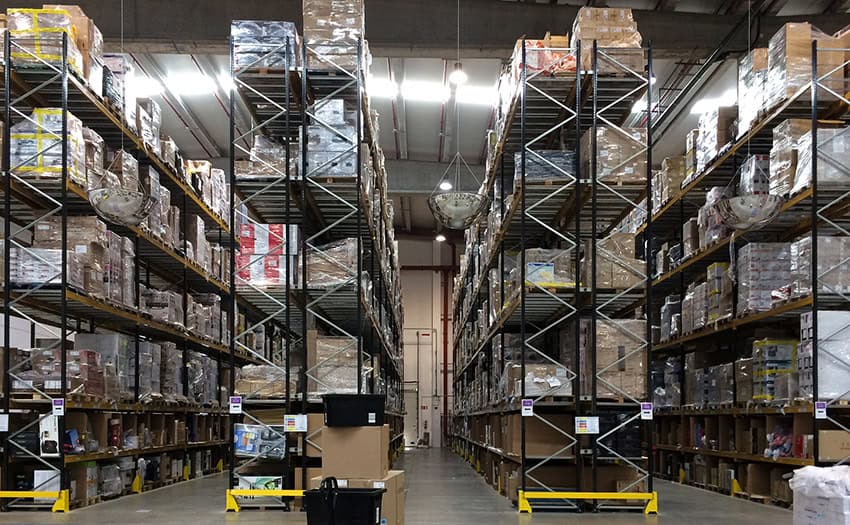New tariffs on products imported to Mexico via e-commerce sites such as Amazon and Temu and international courier companies took effect on Jan. 1.
Ranging from 17% to 19%, the tariffs entered into force the same day a new rule took effect requiring foreign e-commerce companies to pay Mexico’s 16% value-added tax (IVA) on products they export to and sell in Mexico.

Federal tax agency SAT said in a statement that the tariffs were being implemented to “continue strengthening the fight against abusive practices” of foreign companies that import products to Mexico.
SAT also said that surveillance of goods entering Mexico from Asia will be strengthened, which could lengthen delivery times.
Outlined in the General Rules of Foreign Trade for 2025 document that was published in the federal government’s official gazette earlier this week, the tariffs are as follows:
- All products imported via e-commerce sites and courier companies from countries with which Mexico doesn’t have a trade agreement are subject to a uniform 19% tariff. Mexico doesn’t have a trade pact with China, where Temu, Shein, AliExpress and other e-commerce companies are based.
- A 19% tariff also applies to goods valued at more than US $1 that are imported via e-commerce sites and courier companies from countries with which Mexico does have a trade agreement, with a couple major exceptions: Goods imported from the United States and Canada are exempt.
- Products entering Mexico via e-commerce sites and courier companies from the United States and Canada are subject to a 17% tariff if their value is greater than US $50 but doesn’t exceed $117. Goods from the U.S. and Canada — Mexico’s USMCA trade partners — are not subject to any tariff if their value doesn’t exceed $50.
- Products entering Mexico via e-commerce sites and courier companies from the United States and Canada are subject to a 19% tariff if their value is between US $118 and $2,500.
Previously, countries were not required to pay duties on goods of those values, according to a SAT spokesperson quoted by the Reuters news agency.
Media organization Merca 2.0 noted that “a decorative LED desk lamp purchased on Amazon and shipped [to Mexico] from China with a base price of $700 MXN would incur a 19% tariff equivalent to $133 MXN, bringing the cost to $833 MXN.”
The price of the lamp would be even higher if Amazon passed on the 16% IVA to the customer.

The implementation of the new tariffs and introduction of the new IVA rule come as Mexico is seeking to reduce its reliance on imports from China and other Asian countries. Chinese e-commerce sites (and brick-and-mortar stores in Mexico) sell a wide range of Chinese goods at prices that are significantly lower than those made in Mexico, raising concerns about the ongoing viability of various Mexican industries.
Last month, the federal government announced new tariffs on clothes and textiles imported from countries with which Mexico doesn’t have a free trade agreement. The stated aim was to protect the Mexican textile/clothing industry, which the Mexican government says is losing jobs due to, in large part, unfair competition from underpriced Chinese imports.
The El País newspaper reported that the objective of the 35% tariffs on imported clothes and textiles is to “kill three birds with one stone”: to encourage production in the Mexican textile industry; to increase tax collection in a country that has one of the lowest collection rates in the OECD; and to send a “conciliatory message” to the incoming U.S. government led by Donald Trump.
Mexican authorities have also raided stores in Mexico to seize counterfeit Chinese goods as well as products for which applicable import fees were not paid.
Obliging foreign e-commerce companies to pay IVA and tariffs on products they import to Mexico will create a more level playing field between foreign and Mexican businesses — and thus should make locally made goods more competitive.
